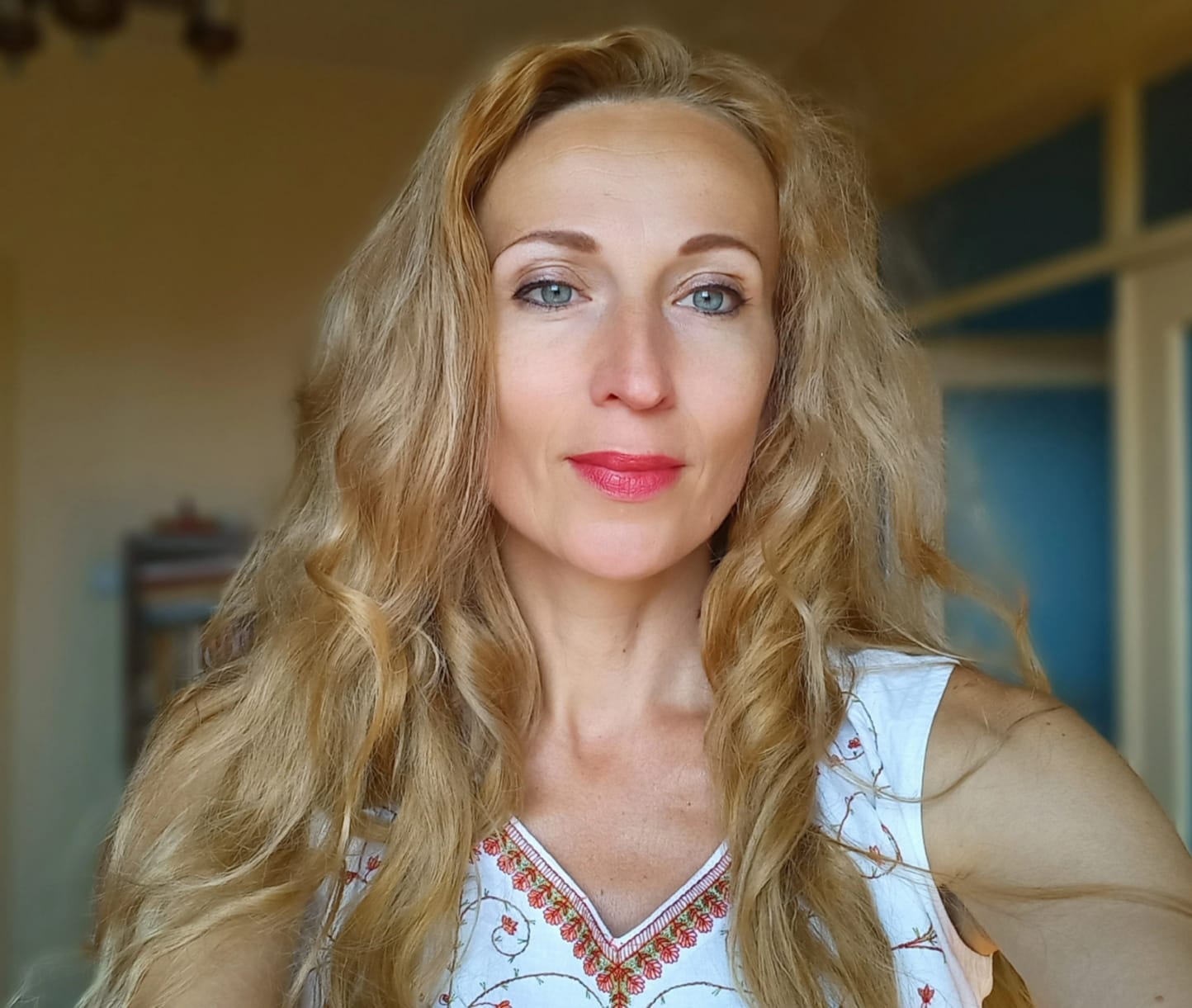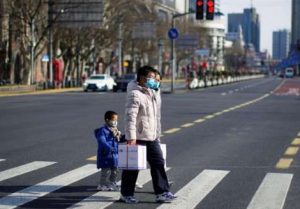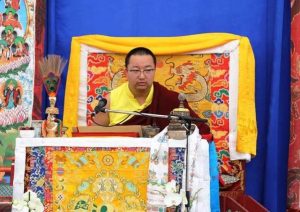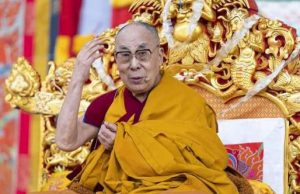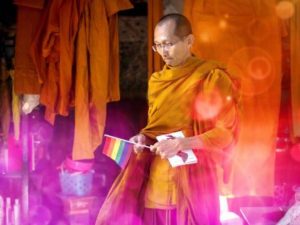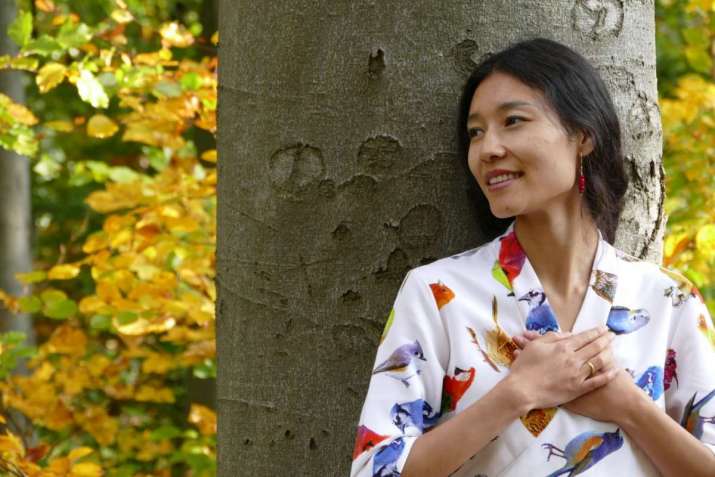
Drukmo Gyal Dakini is a talented young Tibetan woman who travels the world, singing, teaching healing mantras, and guiding retreats in the Tibetan medical tradition of Yuthok Nyingthig, which translates as “The Innermost Essence of the Teaching of Yuthok.”
Yuthok Yonten Gonpo (1126–1202) was an enlightened spiritual master widely regarded as the founder of traditional Tibetan medicine. The Yuthok Nyingthig compendium of teachings was composed to enable practitioners to experience the union of medicine and spiritual practice. As a Buddhist Vajrayana practice, it contains a complete teaching of the Nyingma (Old Translation) and Sarma (New Translation) schools.
Yuthok Nyingthig was transmitted by Khenpo Troru Tsenam, one of the most outstanding practitioners of traditional Tibetan medicine of the 20th century, to Dr. Nida Chenagtsang, Drukmo Gyal Dakini teacher and root guru. Dr. Nida was born in the region of Amdo in Tibet, and began his early medical training at the local traditional Tibetan medicine hospital. Later, he gained practical training at traditional Tibetan medicine hospitals in Lhasa. Dr. Nida is now director of the International Academy for Traditional Tibetan Medicine and founder of Sorig Khang International.
Drukmo Gyal Dakini studied extensively with Dr. Nida, and dedicated her second album Tibetan Mantra Healing (2016) to the ancient healing system of Sowa Rigpa, traditional Tibetan medicine as it was taught to her by her root guru. Buddhistdoor Global had the privilege of interviewing Drukmo Gyal Dakini on her experiences with the ancient Tibetan healing tradition.
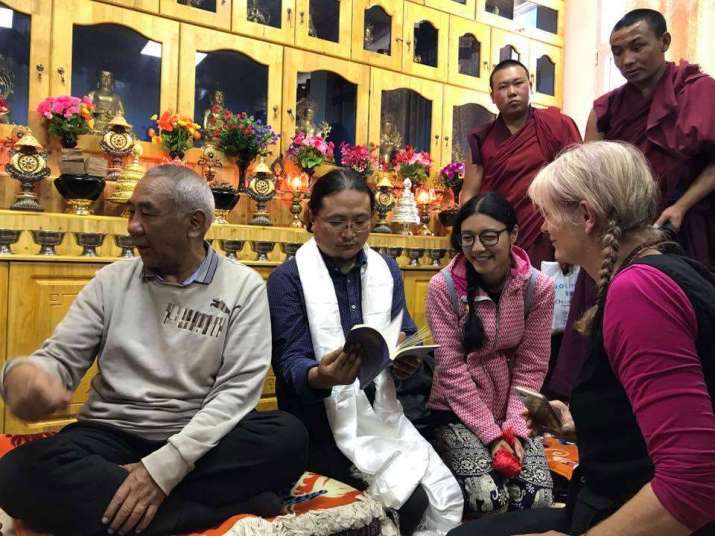
Buddhistdoor Global: How did you meet Dr. Nida Chenagtsang and why you choose to follow and later teach the Yuthok Nyingthig tradition?
Drukmo Gyal Dakini: I met Dr. Nida when I was working as a translator in Amdo in 2011. It was a huge blessing for me to meet him because I had a lot of questions about the Dharma. I received many initiations and empowerments from different teachers, including my parents and my grandparents, but nobody could really link the ancient wisdom to a modern system of understanding. Dr. Nida actually helped me to understand the Dharma in a general and practical way.
The Yuthok Nyingthig tradition is linked with the Nyingma tradition. I have always wanted to help people and I can help people through Tibetan medicine, which is very much connected to my own roots and everything that Tibetan culture encompasses. I feel that Tibetan medicine is one of the best rigpa or sciences of Tibetan knowledge. I fell in love with the Yuthok Nyingthig tradition because it is a spiritual healing practice that belongs to the tradition of Tibetan medicine.
The way Yuthok Nyingthig is taught and designed is very practical. It doesn’t require a huge amount of time, which is very attractive, especially for young people like myself. Life demands a lot, so we don’t get much time to be isolated in a retreat to understand the Dharma and the teachings in a profound way. Yuthok Nyingthig, however, makes it possible for people such as doctors and healers, who often have busy schedules with lots of appointments and patients, to focus on self-improvement at a spiritual level, but in a way that takes up less time. And via self improvement they are able to extend their healing capacity—that is where the healer and patient connect. I think that is very beautiful. That is what led me to choose to follow and spread Yuthok Nyingthig because I believe that nowadays we are all both healers and patients and we need to build on this beautiful interdependence within ourselves, and between ourselves and others. I believe that Yuthok Nyingthig can really bring this spiritual approach to people who are searching for it.
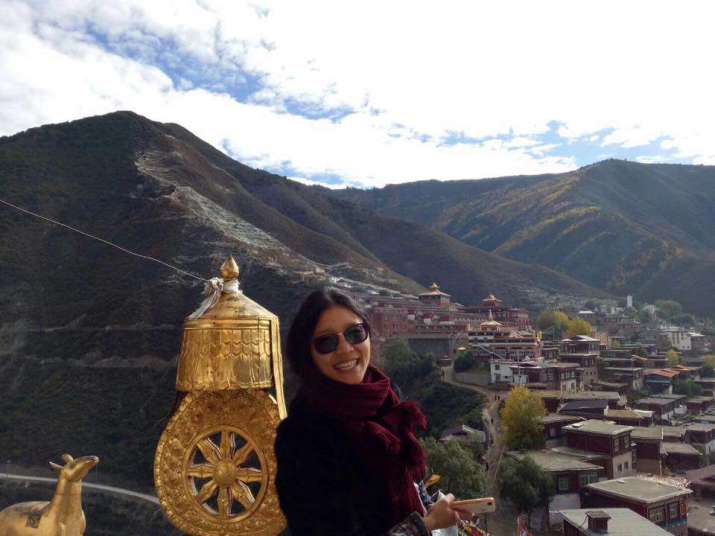
BDG: What defines “good health” according to the Yuthok Nyingthig tradition?
DGD: According to Tibetan medicine you need three things for good health, a happy mind, and good quality of life. First, you need nor, which is Tibetan for wealth. The second is dethang, or good health, which encompasses mental, spiritual, and physical health. And third, you need spirituality—the Dharma or cho in Tibetan. When you have these three things, then you have a very good quality of life.
BDG: How do you feel when you sing Tibetan healing mantras?
DGD: I don’t focus on my emotions when I sing Tibetan healing mantras, because I don’t think that healing needs those. Healing needs the state of settledness, a silence. Silence itself also has a wave stirring its surface, but it is a very settled wave. That is my mental state when I sing Tibetan healing mantras. I focus on my breathing and on my pronunciation of each syllable. From time to time I pay attention to my musicians and to the harmony between my voice and their instruments. The feelings come afterwards, when people start talking to me and sharing their appreciation with me, the musicians, and the organizers.
BDG: Do you feel that you need to heal yourself in order to heal others?
DGD: I do. Healing has to begin with myself. I truly believe that when I’m able to heal myself, this will automatically help other people to activate their power to heal themselves. I do not believe that I have any special ability to heal others, but I do believe that the healing power we have over ourselves is contagious. It’s like a smile. When you smile at someone, it’s contagious. Somebody can feel the happiness but it is not because I send that happiness, it’s because that smile reminded the other person, the person who sees the smile, that they too have this ability. It’s the same with healing. I believe that when I’m able to heal myself, it can remind people of their own self-healing powers.
BDG: What is the essence of Buddhism for you?
DGD: For me, the essence of Buddhism is the perfect combination of compassion and wisdom, the perfect union of male and female energy, the perfect harmony between them. But this essence has to be reached by the accumulation of lots of merit, and merit has to be accumulated through an understanding of profound emptiness and by understanding impermanence.
See more


